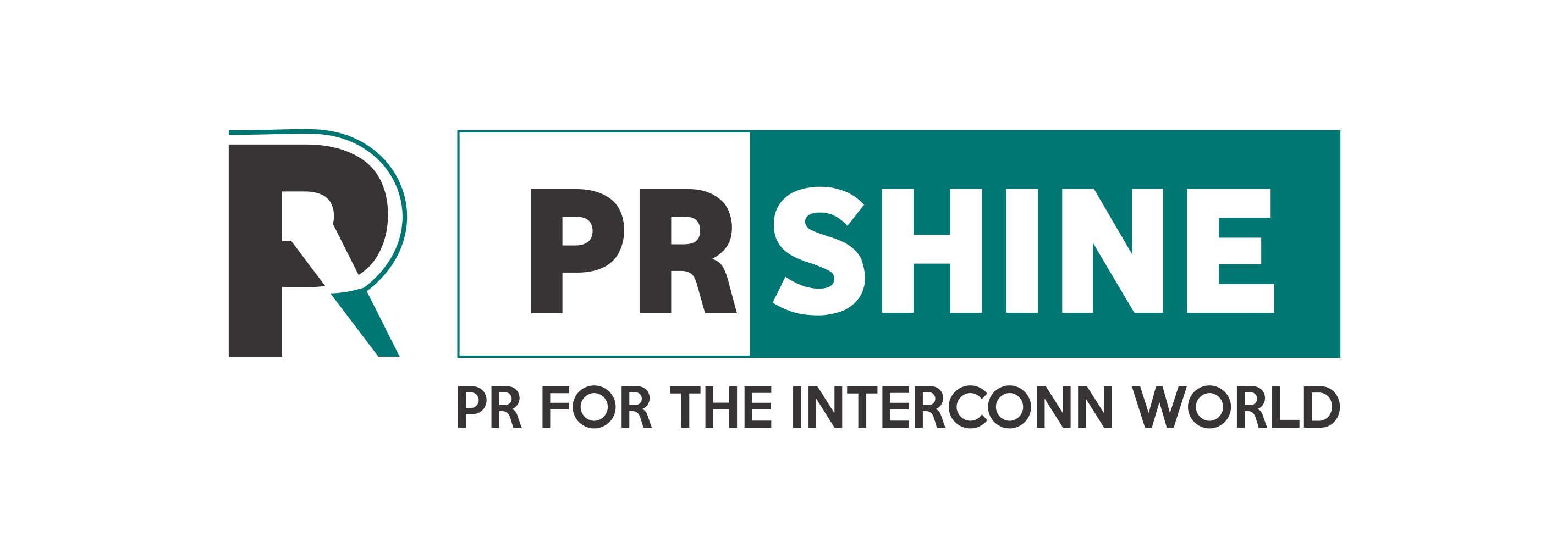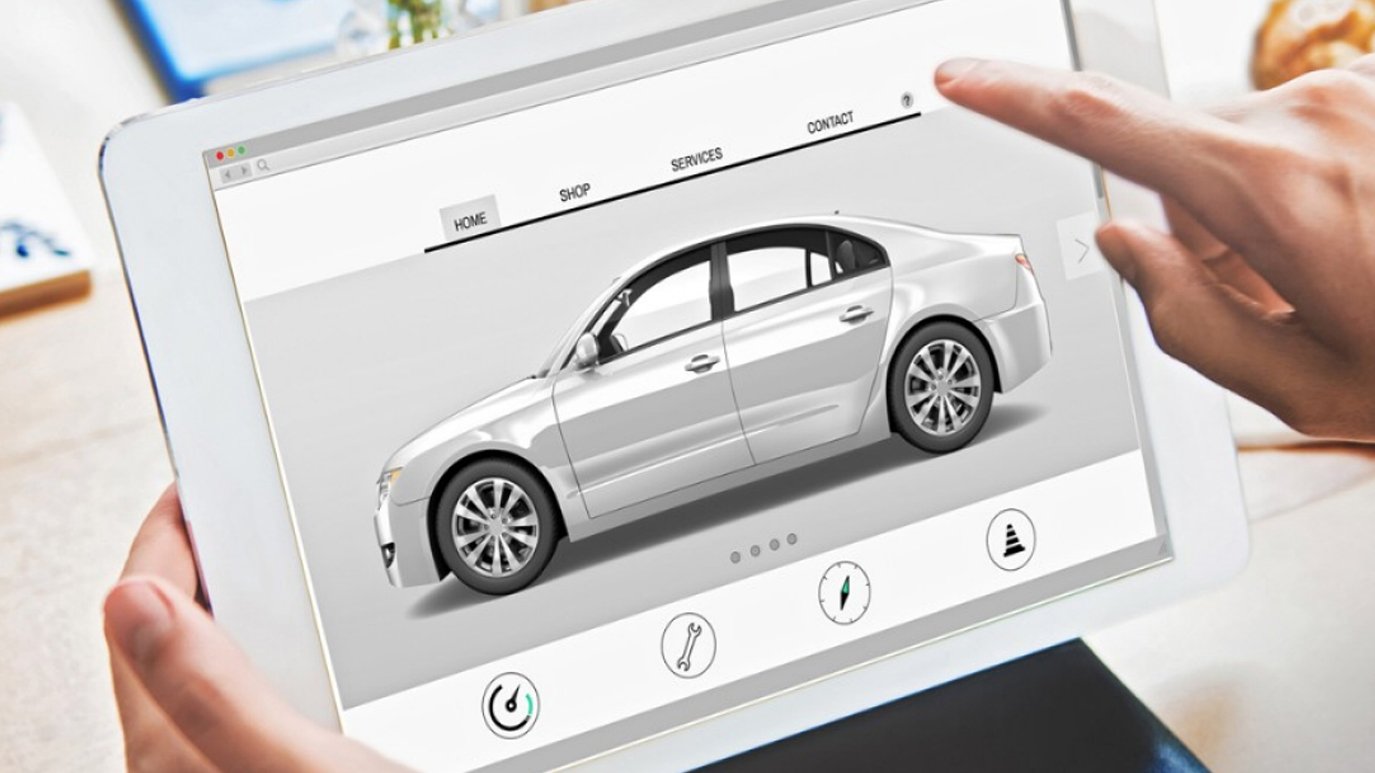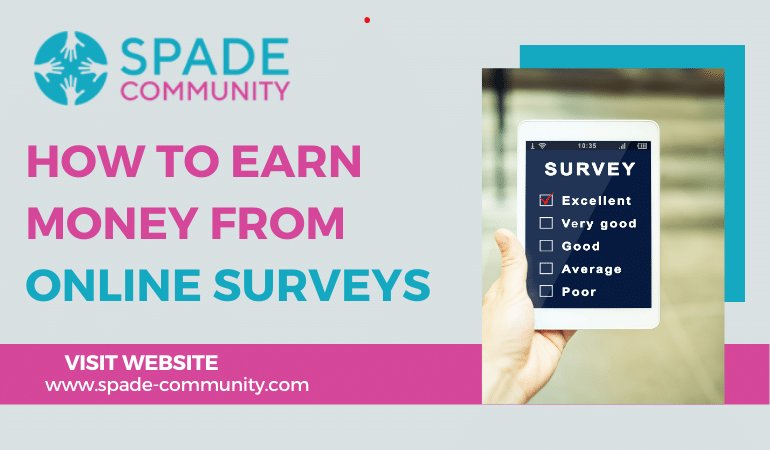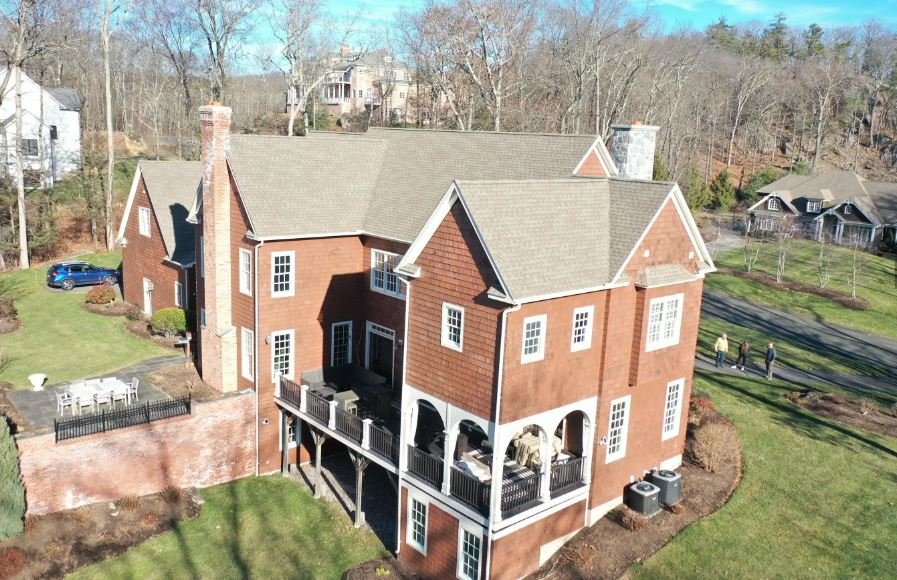Real estate tokenization : The ultimate way to grab a real estate asset for your future
The real estate industry has profited a lot using this method. The time when real estate assets were sold with the help of brokers was too hectic. But now, everything happens in a risk-free manner. Let us see more about real estate tokenization development.
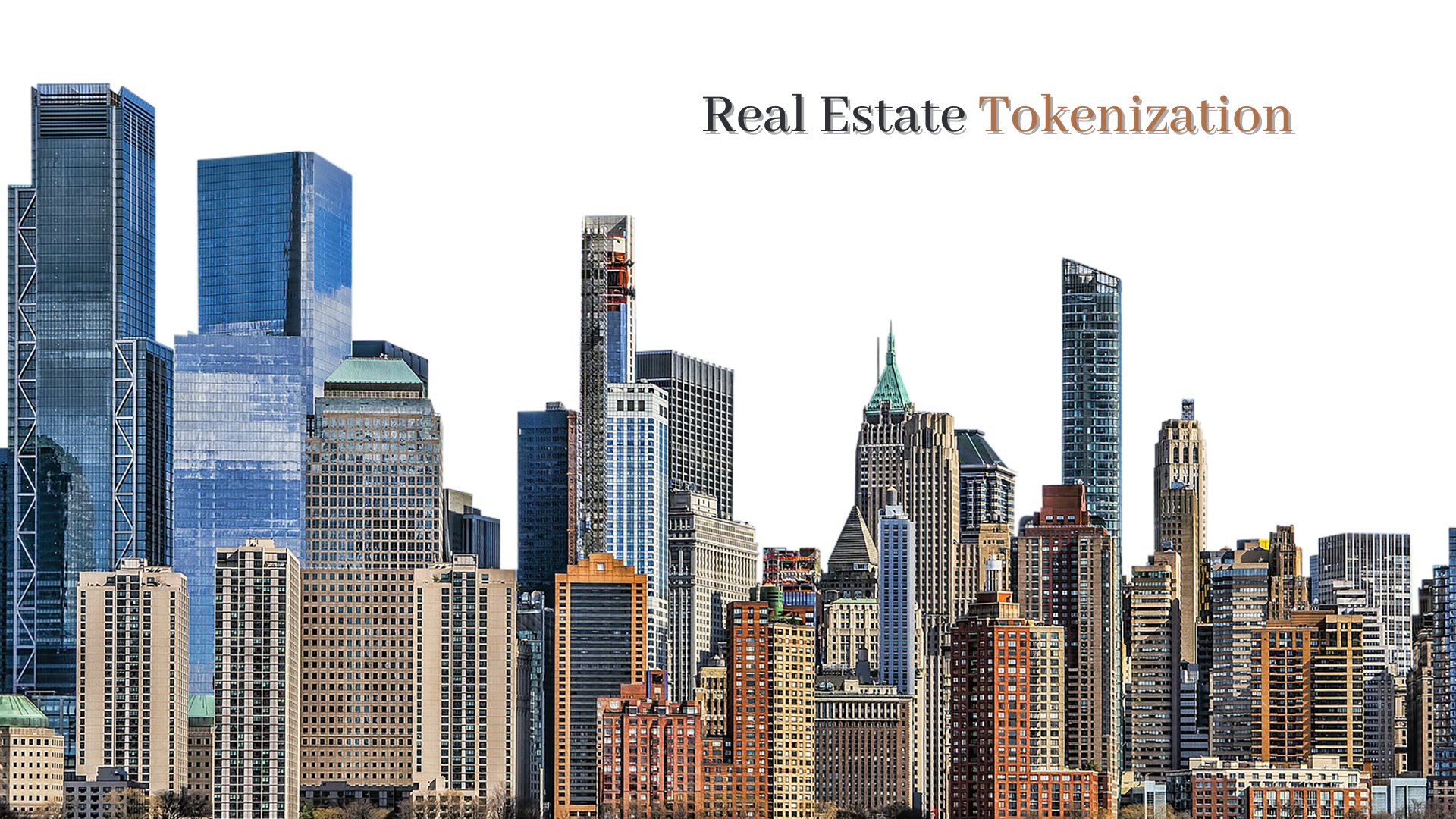
The world is moving fast and has reached a destination that it has been destined for a long time. In simple terms, a decentralized world away from all central authorities. But it is still in progress. In such a system, there lies a process named tokenization. You can easily tokenize any assets in the form of tokens. Real estate is one example of an asset that you can tokenize. By doing so, we turn a physical asset into digital tokens you can sell to anyone worldwide. In exchange, anyone who purchases a token will receive a portion of the underlying asset in proportion to the number of tokens they purchased.
The real estate industry has profited a lot from using this method. The time when real estate assets were sold with the help of brokers was too hectic. But now, everything happens in a risk-free manner. Let us see more about real estate tokenization.
How does real estate tokenization work?
Stage 1 – Deal Structuring
Making decisions about the asset type, shareholder type, jurisdiction, and applicable rules at the outset of structuring deals is essential. In most cases, issuers decide to tokenize an existing deal to give present investors liquidity before raising funds for a new project. Asset owners choose the specific property (or properties) that will be digitized. The time for ROI, cash on cash return, securing investments, and legal and business formations would be the main factors to consider when structuring a deal. These crucial details are taken into account during the process, along with particular features/parameters like rental type, rent start date, neighborhood, year of construction, storeys, bedroom/bath, and total units.
Stage 2 – Legal Structure
The ownership data written down on paper during digitization is transferred to the blockchain. Smart contracts encrypt various actions, and security tokens are kept in a distributed ledger. A legal wrapper over each property is required to securitize and create an investment vehicle.
The most typical structures include:
Real Estate Fund: The token represents fund units and investments made by a private equity firm in a portfolio of properties. Only accredited investors or authorized institutional buyers can borrow against dividends received from tokenized investments.
Real Estate Investment Trust (REIT): Token holders have the same rights to a REIT's operational revenue as current traditional investors do, and investors can create digital shares in a REIT.
Project Finance: Tokenization is a very efficient way to raise money for projects. Consumers and accredited investors can purchase tokens during this event. In this case, the token could represent ownership or a potential right to use.
Single-asset Special Purpose Vehicle (SPV): Each token investor must register as an LLC member before investing to comply with KYC/AML rules for LLCs. Tokens represent shares of the SPV under this arrangement, which is typically a series LLC.
Stage 3 – Technology Selection
Selecting the appropriate technology comes after deciding on the legal framework. You must make four decisions during the process:
Selecting Blockchain / Token: This entails selecting the blockchain on which the tokens will be stored, determining the token standard to be applied, modeling the token data, and defining smart contracts to set transfer, limit, commission, and other rules.
Primary / Secondary Marketplace: Deciding how tokens will be created initially and distributed during the initial offering and establishing the locations and procedures for token trading with investors.
Custody: Putting in place a secure custody system for real estate, with proper upkeep and reporting of current events.
KYC/AML: Periodically confirming that investors comply with the law.
Stage 4 – Distribution and Marketing
This stage primarily focuses on creating and distributing tokens, and token purchases can be made using various payment methods. These tokens are given to investors during a live sale. Investors might need a digital wallet accessible on the web and mobile platforms to store the tokens.
Primary Distribution: Through this process, investors receive tokens in exchange for their investment capital; this is the first time the tokens have been produced.
Post-Tokenization Management: Processes for controlling corporate activity, such as shareholder elections and dividend payments, are included in this step. The token's smart contracts can automate these processes. The tokens will be managed after they have been issued until they mature or are redeemed.
Secondary Trading: Liquidity in secondary trading is increased by tokenization. Token holders can exchange tokens with other investors over the counter, through an exchange, or on a marketplace.
Benefits of Real estate tokenization
The incredible benefits include the following:
- High-volume Liquidity
- Fractional Ownership
- Globalization
- No intermediaries
- Blockchain Immutability
- Instant, Efficient transactions
- Reduced entry costs
- Highly secure
- Simplified management
Conclusion
Real estate tokenization brings more benefits than conventional methods. It is high time that your real estate properties are getting tokenized with the help of tokenization platforms that can reap extraordinary benefits. Do hire a company that helps you with the tokenization of your real estate assets in an easy way. Many real estate tokenization companies can help you with the proceedings as they make enhanced platforms that make things fall into a better place.
